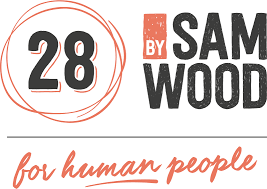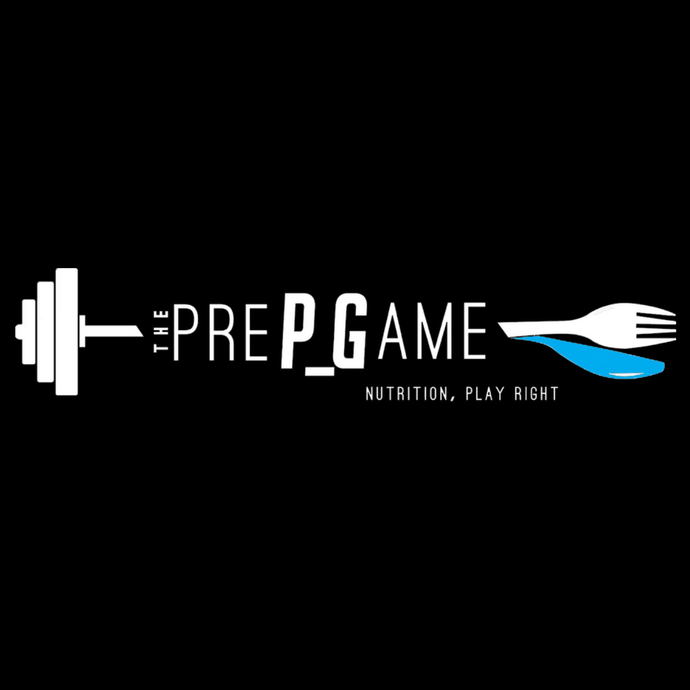Long and demanding work hours can really take a toll, with health and fitness commonly becoming a lower priority when work demands are high. Regular exercise can become difficult, and planning and preparing nutritious foods drops down the to-do list. Ironic really, when eating well and exercise are even more important when you are busy and need to be energised and functioning at your best.
Many people find they might get through the morning ok, but by mid-afternoon can really start to slide. Lack of energy and focus can quickly lead to a hand in the biscuit barrel or a quick break to grab a different kind of sugar hit. The problem with this reactive approach is that after the initial energy rush, your blood glucose levels can drop which leads to a crash in energy levels and work performance.
Here are 5 of the best foods and fluids to help your brain and body get you through to the end of your working day in top shape (from Eat Right For Your Life):
5 Best Foods and Fluids
Fish
Omega-3 fatty acids are a prominent component of neuronal membranes – essential for normal brain function. Many of us don't consume anywhere near enough omega-3 in our diets, and the best way to increase your intake is to eat more fish and seafood, particularly oily varieties such as salmon, sardines and mackerel.
Tea (black or green)
If you love your hot drinks at work, tea is the perfect option. Tea contains theanine, a compound which can have a direct impact on the brain to keep you alert but relaxed at the same time. There is evidence suggesting that a good cup of tea is a great way to reduce stress. Tea also contains high levels of flavonoids, a type of antioxidant that has a positive effect on overall health.
Fruit
Instead of reaching for the biscuits, keep your own fruit basket at work. Stock it up at the start of each week for a constant supply of nutritious snacks to boost energy levels and concentration for a busy working day. Any fruit is great, and variety is important, aim for at least six different fruits over a week. Bananas may be particularly beneficial for stress, they contain potassium, which can be good for blood pressure, and are low GI, which keeps your blood sugar and mood stable.
Substantial Salads
A big salad with lean protein is the perfect lunch for a busy work day, and it doesn’t have to be rabbit food. A light and fresh salad can fill you up without leaving you feeling sluggish. For a different high-fibre spin, try your salad with chickpeas or 3-bean mix, or stick to the traditional protein sources of chicken, tuna, salmon or leftover lean roast meat. You can also try adding some nutrient-dense carbohydrate with sweet potato, sweet corn or quinoa.
Calamari
If you are looking for a nutritious lunchtime salad when you are away from the office, search for calamari on the menu. But not the golden crumbed deep-fried rings - if you choose the marinated grilled or seared variety in an Asian style salad then you are on to a winner. Seafood provides protein that is easily digested compared to a heavy steak and will help you to feel energised for the afternoon. Plus additional omega-3 fats for a healthy brain and body.
You will find the other 5 of my top 10 foods for corporate and high stress workers, and the best 10 foods for other stages of life, in my book Eat Right For Your Life.
My new book Super Food For Performance, in Work Sport and Life is due for release late October 2017, check it out for more info on high performance eating and practical snack and meal ideas and recipes.






























